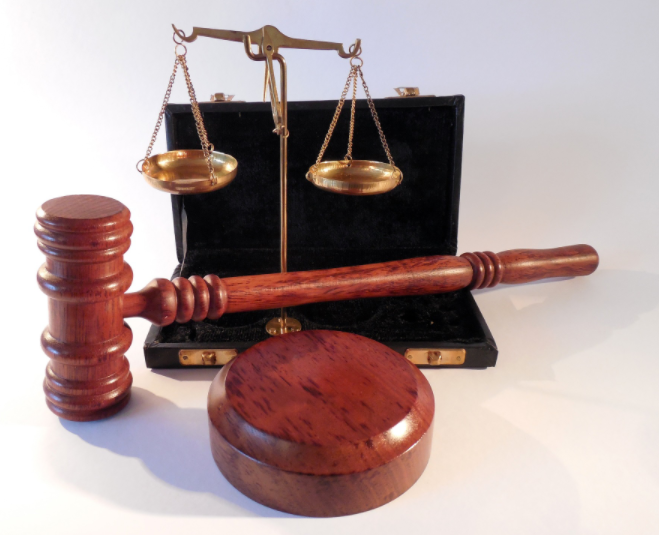Even your pet has an estate plan
In 2007, Leona Helmsley, a real estate billionaire, famously left her dog, “Trouble,” $12 million dollars in trust. Trouble was placed in the care of the general manager of Helmsley's Sandcastle hotel in Sarasota and had full-time security to ensure the Maltese’s well-being after the death of Helmsley (apparently the dog was getting death threats). Interestingly enough, Trouble is far from the wealthiest animal on the planet - to date, that award goes to Gunther III, a German Shepherd, who was left $106 million by Countess Karlotta Liebenstein.
The Case of No Will
What happens if you don’t create a Will?
Major headaches are inevitable when a person dies without a Will (also known as dying “intestate”). The major issue being that, without a Will, your final wishes are not voiced for the fiduciaries and/or beneficiaries. This lack of instruction then leads to confusion and disagreements among family members and threatens future disharmony. Normally, with a properly drafted Will, there would be a named person to serve as a Personal Representative of your estate, but without a Will, the court will need to rely on statutory law through a formal petition process. This petitioning process then opens the door to an unintended person becoming the Personal Representative of your estate and thereby creating the potential for further chaos. The court will do its best to get the estate settled as fairly as possible, but the timing of when and how things get done can be largely at the discretion of the Personal Representative. The result being that the estate administration could extend years before being completely resolved while racking up legal fees and administrative expenses along the way.
Testamentary V. Living Trust
A trust can be established either during a person’s life (a “Living Trust”) or at his or her death by being included in a person’s Will (a “Testamentary Trust”). Both types of trusts have the benefit of allowing the creator of the Trust (sometimes called the donor, grantor, or settlor) to put in place a
What Is Probate And How Can You Minimize The Cost?
Probate is the legal process that occurs after your death in order to settle your estate. The process can vary depending on your situation. For example, in Massachusetts there are four types of probate: (1) Voluntary Administration, (2) Informal Proceedings, (3) Formal Proceedings, and (4) Supervised Administration. While the exact steps vary depending on






